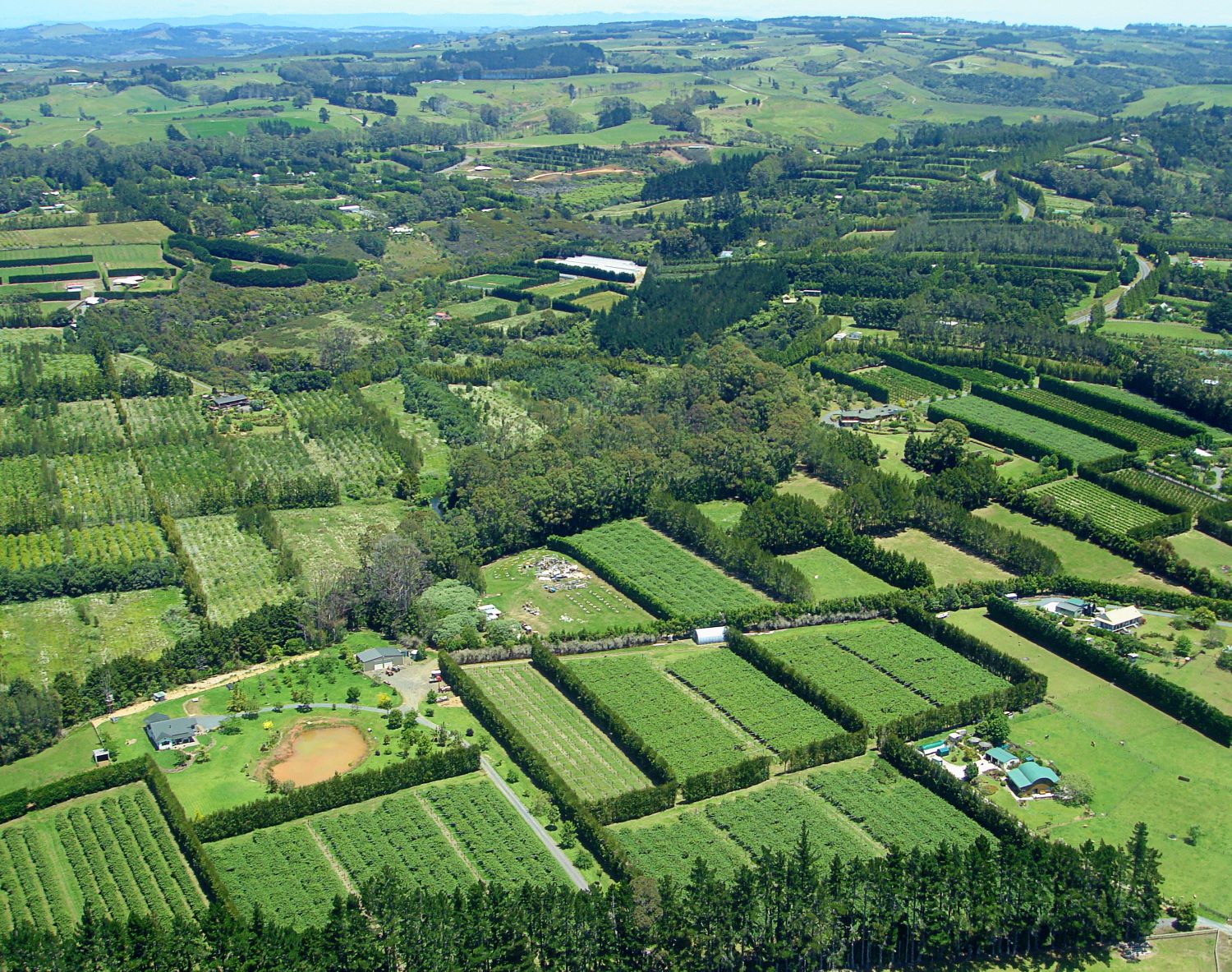The Government is concerned over new exotic forests being treated as carbon sinks under the Emissions Trading Scheme (ETS).
By way of background, the ETS was implemented under the Climate Change Response Act 2002 and is a key tool for ensuring that New Zealand meets its domestic and international climate change targets.
Businesses involved in the scheme are called “participants”, and they include businesses that joined on both a compulsory and voluntary basis. Participants can be from the forestry, mining and petroleum, waste disposal, agriculture, or industrial production industries.
The ETS puts a price on emissions by creating “NZ units” (NZU) and then charging participants one NZU for each metric tonne of carbon dioxide (or equivalent greenhouse gas) emitted. NZUs can be auctioned, allocated, purchased, gifted and traded and as of February 2022 the fixed price for one NZU was over $80.
Participants that absorb greenhouse gases (“carbon sinks”) are gifted NZU, which are often sold to other participants.
As trees are the main carbon absorbers, the bigger the forest, the more NZU forestry participants can be gifted. There are requirements around what constitutes “forest land” under the ETS, and the way forest land is treated depends on whether or not it was established post 1989. This date is based on the Kyoto Protocol, which sets 1 January 1990 as the baseline for net global emissions.
Forests established post 1989 are considered new carbon sinks and (subject to some conditions) can be registered with the ETS and earn NZU.
The Government has raised concerns over the planting of exotic trees (such as radiata pine) on land that had no previous tree cover (called “afforestation”) to gain NZUs. While the Government wants to encourage afforestation, permanent exotic forests can displace pastoral farming, production, and indigenous forests.
To manage these issues, the Government is currently consulting on opportunities for improving incentives for indigenous afforestation, and whether to prevent exotic forests from registering in the permanent post-1989 category of the ETS.
The Government is also consulting on how a new carbon accounting method applies to remote and marginal land for harvesting, and is separately consulting on whether local councils should be allowed to regulate where exotic forests are planted.
More information about these proposals can be found at: https://www.mpi.govt.nz/consultations/managing-exotic-afforestation-incentives.
Submissions are open to anyone with an interest in forestry, especially Māori land owners. Submissions to the Ministry of Primary Industries open 14 March 2022 and close 5pm on 22 April 2022.


